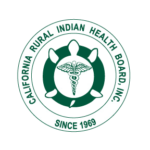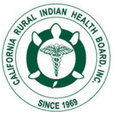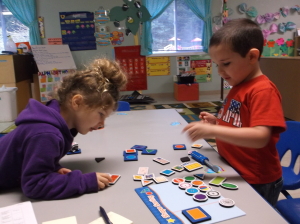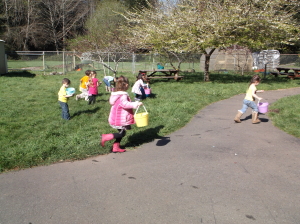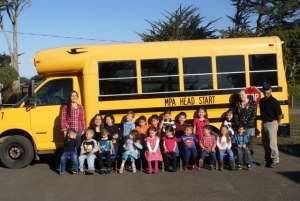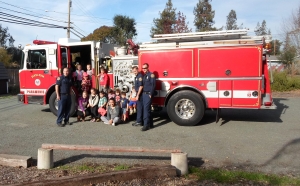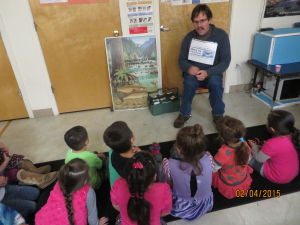
Tribal Head Start
CRIHB is the Head Start Grantee and headquarters for three Centered-Based programs that serves 90 income-eligible Indian children on the following Rancherias: Elk Valley Rancheria (Del Norte County), Lytton Rancheria (Sonoma County) and Manchester Band of Pomo Indians (Mendocino County). CRIHB also administers the Lytton First Step program which provides preschool services, modelled after Head Start, to 20 additional children in the Santa Rosa funded by Lytton Rancheria (Sonoma County). The Head Start Program is based on the premise that all children share certain needs and children from low-income families, in particular, can benefit from a comprehensive developmental program to meet those needs. Head Start is a family-oriented, comprehensive and community-based program to address developmental goals for children, support for parents in their work and child-rearing roles and linkage with other service delivery systems.
Ages: Preschool- 3-5 years of age
Cost/Food Program: Free to Income Eligible families (below federal Poverty Income Guidelines)
Enroll Your Child
Fill out application and return to local CRIHB Tribal Head Start site or fax to 916-929-7246.
Program School Schedule
CRIHB Tribal Head Start is a part-day, part-year program that runs September – May of each year. The hours for children are Monday-Thursday 8:30a-12p.
Head Start Application:
Reports:
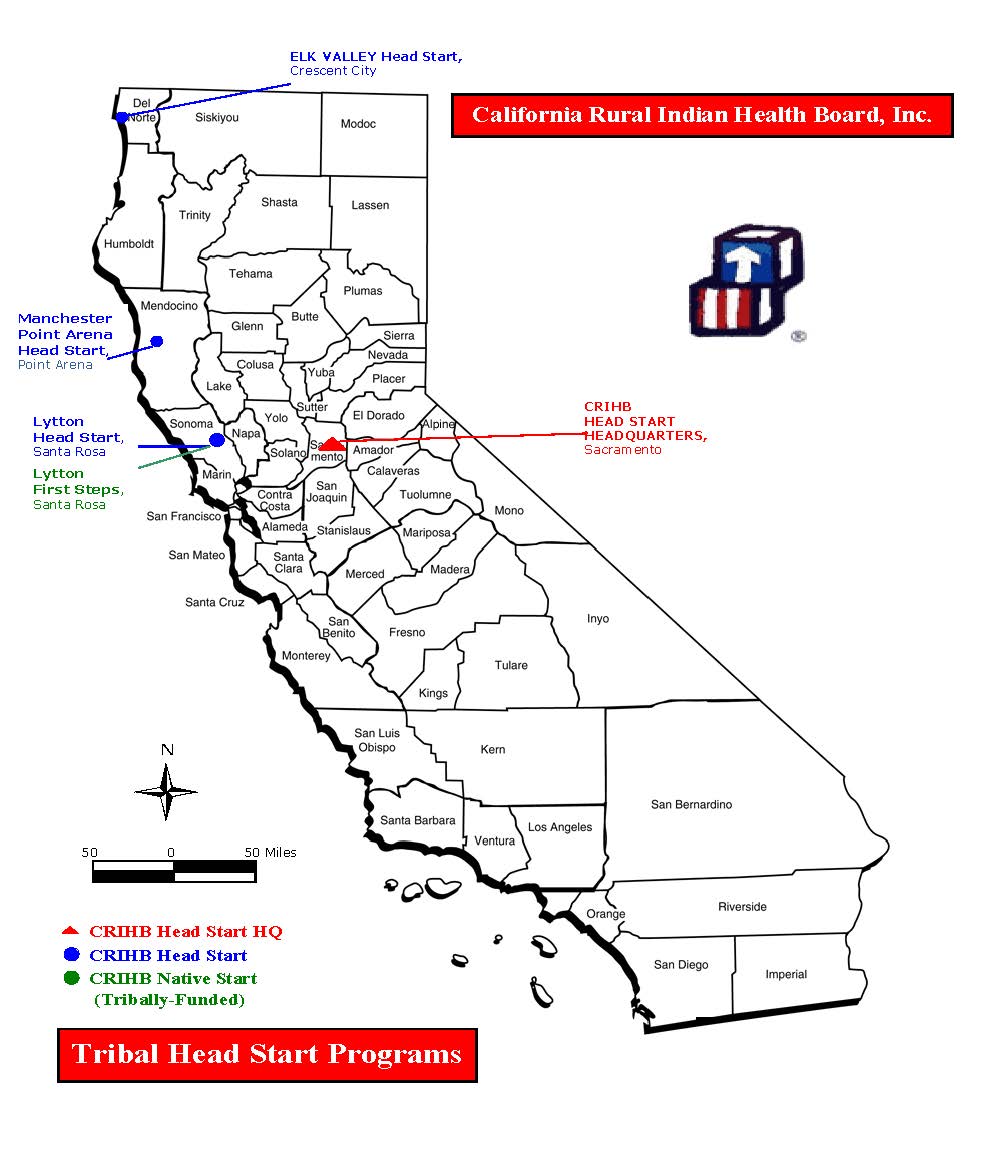
Early Childhood Education
- Developmentally and linguistically appropriate education recognizes that children have individual rates of development as well as individual interests, temperaments, languages, cultural backgrounds, and learning styles
- Support school readiness for children to transition into kindergarten succeed
- Is inclusive of children with disabilities
- Provides an environment of acceptance that supports and respects gender, culture, language, ethnicity and family composition
- Provides a balanced daily program of child-initiated and adult-directed activities, including individual and small group activities
- Supports social and emotional development
- Supports cognitive and language skills with various strategies including experimentation, inquiry, observation, play and exploration. Ensures opportunities for self-expression through art, music, and movement
- Promotes interaction and language use among children and between children and adults
- Supports emerging literacy and numeracy development
- Promotes each child’s health and physical development
WeAreTeachers is an online media brand for educators committed to one of the toughest, most rewarding jobs out there.
Disabilities
We are committed to including children with disabilities and working with their families. Children with disabilities are fully integrated into the preschool environment and parents are assisted with any disability service they may need for their child.
Training is provided for all staff to increase knowledge and skills necessary to work with students with disabilities.
Support, collaboration and training are provided to families with children who have disabilities. This includes support in the areas of parent’s rights, the referral process to the school district and linkages to community support groups for children with disabilities.
Head Start collaborates with local school districts to ensure a successful transition from the Head Start program to kindergarten. Head Start has interagency agreements with local school districts to ensure that the needs of children and families with children who have disabilities are met. Head Start has a “Disabilities Service Plan” that serves as a working document for the overall services to our children and families with disabilities.
Health
Children’s health is a critical factor in being ready for school. The focus of the Head Start Health Component is to ensure that all enrolled children are healthy and receiving the services they need to ensure their well being. This is done by partnering with both parents and providers to ensure that each child has an ongoing source of continuous, accessible care and that the child is up-to-date on a schedule of age appropriate preventative and primary health care including medical, dental, and mental health.
In accordance with Head Start Performance Standards, each child is required to receive a physical exam for entrance into the program. In addition all children must meet state immunization requirements for school entrance. Any child with medical results noted on the completed physical examination that are identified as not within a normal range are shared with parents to bring that information to the attention of the families health care provider.
Similarly, each child is required to receive a dental examination. Results are recorded and any follow-up needs for the child are monitored through formalized and ongoing communication between staff and parents.
The Head Start program has formal agreements with several local health agencies and providers in each community who provide the screenings as well as follow-up services. Staff is responsible for tracking the delivery of health care services and ensuring that health or developmental issues receive competent and continuing care until the concerns are resolved.
Nutrition
The objective of the nutrition program is to promote child wellness by providing nutrition services that supplement and complement those of the home and community. Head Start’s child nutrition services assist families in meeting each child’s nutrition needs and in establishing good eating habits that nurture healthy development and promote life-long well-being.
Early in the year, parents complete a nutritional survey regarding the child’s nutrition history, eating habits, special diets, etc. And then, twice during the school year, staff chart heights and weights for each child. Using this information along with the child’s physical and health history, staff can identify each child’s nutritional and/or fitness needs and make referrals or accommodations as necessary.
CRIHB Tribal Head Start is sponsored by the Child and Adult Care Food Program (CACFP). CACFP, under the California Department of Education, is funded by the United States Department of Agriculture (USDA) and the State of California. It provides reimbursement to CRIHB for nutritious meals served to eligible children in our program. The goal of the program is to ensure that well-balanced, nutritious meals are served to children and to help them learn to eat a wide variety of foods as part of a balanced diet. The CRIHB Nutritionist and Head Start staff plan weekly cycle menus that meet the CACFP requirements but also provide for healthy, home-cooked meals; most recipes come from the USDA’s “Child Care Recipes” book. Monthly “Cook’s Choice Days” allow for cooks, teachers, and parents to plan traditional meals that teach children about native foods in their community.
Parent, Family, and Community Engagement
Parents and families are safe, health and have increased financial security
Beginning with transitions to parenthood, parents and families develop warm relationships that nurture their child’s learning and development
Parents and families observe, guide, promote, and participate in the everyday learning of their children at home, school, and in their communities
Parents and families advance their own learning interests through education, training, and other experiences that support their parenting, career, and life goals
Parents and families support and advocate for their child’s learning and development as they transition to new learning environments, including EHS to HS, EHS/HS to other early learning environments, and HS to kindergarten through elementary school
Parents and families form connections with peers and mentors in formal or informal social networks that are supportive and/or educational and that enhance social well-being and community life
Parents and families participate in leadership development, decision-making, program policy development, or in community and state organizing activities to improve children’s development and learning experiences.
Testimonials
“I love the Elk Valley Head Start and all it has to offer my child and our family. I am currently a third time parent with Kathy Silva, and to date – she has done an exceptional job with all of children. I will definitely be sending my fourth to her.”
“I found that the staff is very helpful. They would help me with personal problems – not related to the center, but anything involving the mental/physical health of my children. I love the staff and my children love them.”
“EVHS has been a wonderful school for my son and future preschool children. EVHS has allowed me to be informed as well as a part of my son’s education. My first son went to Joe Hamilton and it was a drop-off/pick-up type of school and I never really knew what was going on except through my child, and the teacher was more like a drill sergeant.”
“Elk Valley has done so much for my daughter. She has learned so much since she’s been there. I couldn’t be more pleased! The staff is wonderful!”
“I feel my child’s teachers are wonderful dealing with my son. They always help him in any way they can. I wish more parents would join in the activities.”
“I like having my child in your class. And there’s a year to go.”
“I enrolled my son who is Native American at EVHS to be exposed to cultural traditions. I feel that is not one of CRIHB’s priorities and I feel it should be top priority to expose all of the native culture and traditions.”
“We have had a wonderful experience this year. We’ve had ups and downs but for the most part it has been awesome and Tanner will be ready next year. Thank you. Love this program.”
“Overall we have had a great time at EVHS. This includes our daughter’s time spent at Head Start also. I would send or refer anyone’s child to attend this school anytime.”
“My child loves school and has a great teacher. Miss Kathy she is always there for us.”
“I’m very satisfied with all the prompt responses to any required service. The kids have had their ears/eyes checked and info was followed up at a parent/teacher meeting.”
“The teachers are very supportive and are always asking and getting info about child growth and progression. At child meetings we discuss behavior and we have been given help for behavior and goals.”
“The program has helped my son a lot. His anger has gone down. He communicated better with kids and his manners are a lot better. He has also learned a lot of numbers and shapes. I’m really satisfied for choosing CRIHB Tribal head Start Program for my son.”
“No, I have not been asked to pay for such participation of the Head Start program.”
“This program has been an enriching experience for our family. Our child has grown and learned socially and academically. Thank you. This program is vital to the community and should be expanded where possible. Again, thank you.”
“I feel that the kids could have been learning boy and girl bathrooms before they get to Head Start.”
Culture
The cultural principals of CRIHB Tribal Head Start remind us that every individual is rooted in culture and has the right to maintain his or her own identity, including the use of a Native language, while acquiring the skills required to function in our diverse society and learning English. The cultural groups represented in our classrooms are the primary sources for planning a culturally relevant program. Because culture and family is at the core of children’s social and emotional development, we are more aware and respectful of the role of culture in defining each child as an individual.
Because we are a Tribal Program, culture is reflected in everything we do, for example, serving traditional foods, teaching the basics of the local Native language, going on cultural field trips and using traditional music and storytelling in the classroom. We invite Elders and other community members who are knowledgeable about the Native culture to become involved with our children and classrooms. We value the information that is shared.
This institution is an equal opportunity provider.
Contact Us
Ann Bonnitto, JD
Tribal Child Development Director
916-929-9761 x 1700
abonnitto@crihb.org
